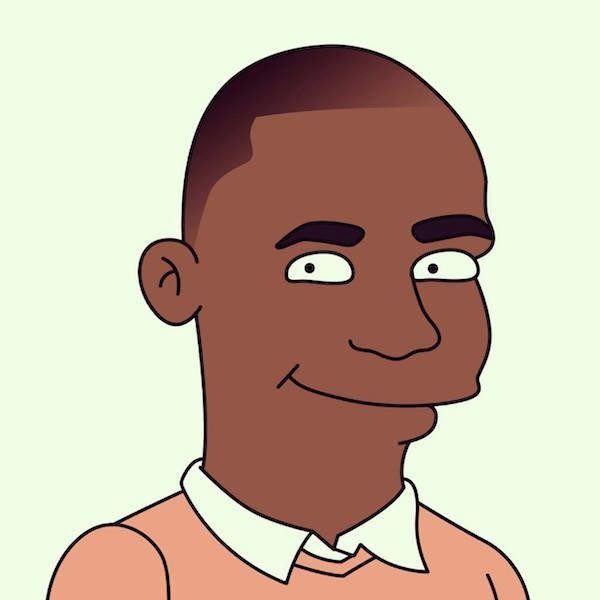Coffee, Code, and ChatGPT: Lessons in Automation

I’ve been doing a lot of coffee meetings recently and often, I need to find venues—mostly cafes—that are convenient for both parties. Using Google maps for this can be cumbersome, and so I thought, why not ask ChatGPT-4 to write a simple program that could solve this problem? The app could take two locations and automatically identify a list of coffee shops located roughly halfway between the two addresses.
To my surprise, and in less than 30 minutes of working with GPT and the Python programming language, I had working code. Here’s the output of that initial process.
While this code was enough for me, it wasn’t user-friendly for non-technical people. So I went back and forth with ChatGPT-4 through a bunch of queries until I cobbled together a web app that anyone could use. You can see how that turned out in this demo video.
Here’s the latest version of Midcafe. Temporarily hosted at https://t.co/kreqGZPSGI before I run out of Google credits! pic.twitter.com/TRuVxAPbuD
— Michael (@michaeltefula) September 15, 2023
Feel free to try out the app here, but only for a short while before my Google Maps API budget is depleted.
What did I learn from this?
Going through this process of iteration and collaboration with AI was fun, but it also drove home a point that most tech-savvy people are already familiar with: AI can write code that works, but it’s not a full-on substitute for a good software developer. (This means now is still a good time to learn to code!)
Deploying even the simplest of apps involves a maze of tools and systems. It’s not just about the code. In my case, I had to set up a Google developers’ account to be able to use their maps technology. (This involved going through their documentation when the GPT-written code turned out to be out of date!) I also had to research and debate the merits of various hosting providers for the app before deciding which one to use. Additionally, I had to buy a domain name and link it to my servers. And then of course, I couldn’t forget the basics, like setting up analytics and regularly backing up the app code on Github, among other steps.
Of course people who do this work daily find it trivial in a technical sense. However, even seasoned software developers grumble about how time-consuming it is to get all these tools and platforms working together for a public-facing app.
Simply put, you can’t fully automate the process of building things that will be used in the real world by real people. We’re not there yet. But what tools like GPT can do is speed up your prototyping process. Furthermore, if you have a touch of technical know-how, you can quickly automate a variety of personal tasks that don’t need to be public or require a full-fledged app. To me, that’s enough reason to be optimistic about how generative AI will meaningfully impact global productivity in the years to come.



















